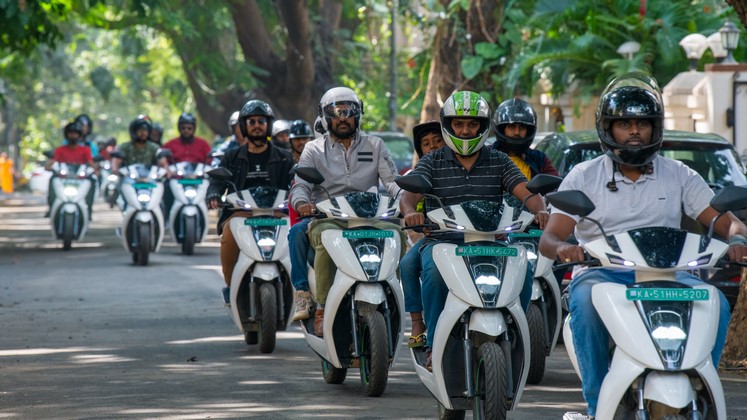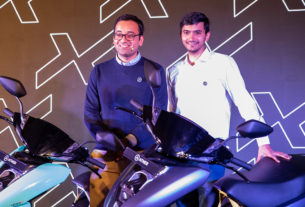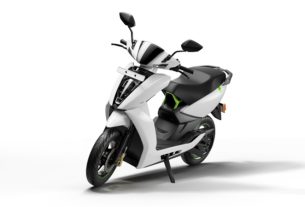Following the news from that India’s two-wheel shared mobility companies Vogo and eBikeGo raised funds to scale up their operations;

Bakar Sadik Agwan, Senior Automotive Consulting Analyst at GlobalData, a leading research and consulting company, offers his view:
“The domestic scooter sharing market in India has been witnessing highs and lows for the past few years. Against this backdrop, the investments indicate that investors are optimistic about the future of scooter sharing/rental business models in India. Ola-backed scooter sharing and short rentals brand Vogo raised US$11.5m while eBikeGo, a scooter sharing platform for personal mobility and last-mile delivery services, raised US$1.5m. Both Vogo and eBikeGo plan to use the funds for regional expansion and addition of electric vehicles.
“After witnessing a short-time success, some of the app-based platforms failed to find the required volume of riders in India, affecting their fleet utilization and profitability. Furthermore, the COVID-19 pandemic has shifted consumer preference to personal mobility and prominence of work-from-home arrangement in major cities is still keeping the fleet utilization low.
“While success is not a low hanging fruit for shared mobility players in the present scenario in India, there are untapped opportunities for companies and investors. Focus on logistics/last-mile delivery services and electrification of the fleet offers significant opportunities to scooter sharing companies.
“COVID-19 has bolstered the online-culture among Indian consumers. The resultant increase in demand for last-mile delivery services and the growing logistics demand offers opportunities for shared mobility players to step-in. Mobility players need to align their fleet with delivery companies and individuals for maximum utilisation.
“In the present scenario, rising fuel prices will compel shared mobility companies to relook at their asset portfolio and consider increasing the share of electric vehicles. Electric scooters and motorcycles are priced slightly lower to their IC engine counterparts, incur lower taxes and offer low total cost of ownership (TOC). Furthermore, the growing production of the electric two-wheelers in the country offers opportunities for shared mobility and auto companies to get into asset leasing partnerships, which will be win-win for both the parties. Electrification can help mobility companies to make their business asset light.
“However, to make the EV fleet expansion growth sustainable for the mobility players, the government and automakers need to play significant roles in creating the right ecosystem including charging infrastructure, battery swapping and service stations for the upcoming EV fleets.”





